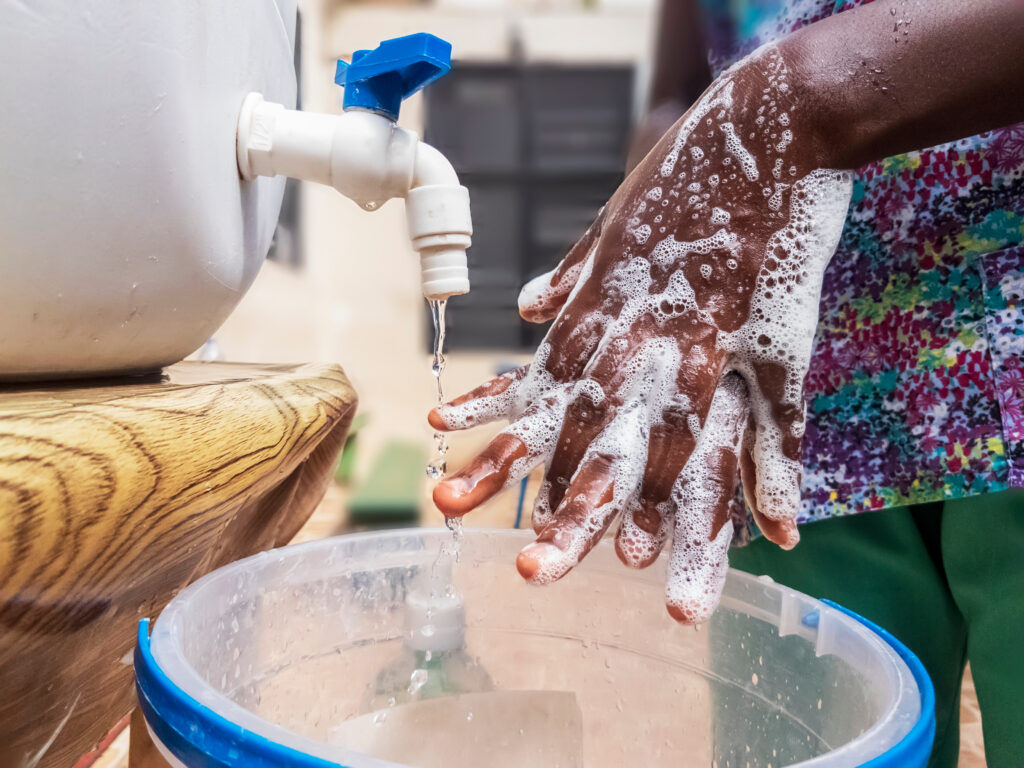
Sanitation and hygiene play a crucial role in safeguarding public health and curbing the spread of infectious diseases. They encompass various measures, such as clean water, waste management, and personal hygiene. Let’s explore how these practices contribute to a healthier community.
Proper hygiene in food handling and preparation is vital for preventing illnesses. Washing hands before cooking and eating, maintaining a spotless kitchen, and ensuring food is thoroughly cooked can prevent severe health consequences from consuming contaminated food.
Access to clean water and sanitation facilities during pregnancy and childbirth reduces infection risks and complications. Simple practices like handwashing protect infants and young children from numerous illnesses.
By implementing effective sanitation and hygiene practices, the transmission of infectious diseases can be halted. Communities with inadequate facilities and contaminated water sources are at risk of diseases like cholera, typhoid, and hepatitis. However, with clean water and improved sanitation, the occurrence of such diseases can be reduced.
In developing countries with limited access to clean water, diarrheal diseases are a leading cause of child mortality. However, providing clean drinking water and promoting proper handwashing with soap can significantly reduce the spread of these diseases and save young lives.
Maintaining a clean and hygienic environment positively impacts mental health, reducing stress and enhancing overall well-being.
Therefore, to achieve better health through sanitation and hygiene, it is crucial for governments, NGOs, and local communities to actively promote and maintain these practices. By investing in clean water access and proper sanitation facilities, we can successfully prevent the spread of diseases and create a healthier future for all.


